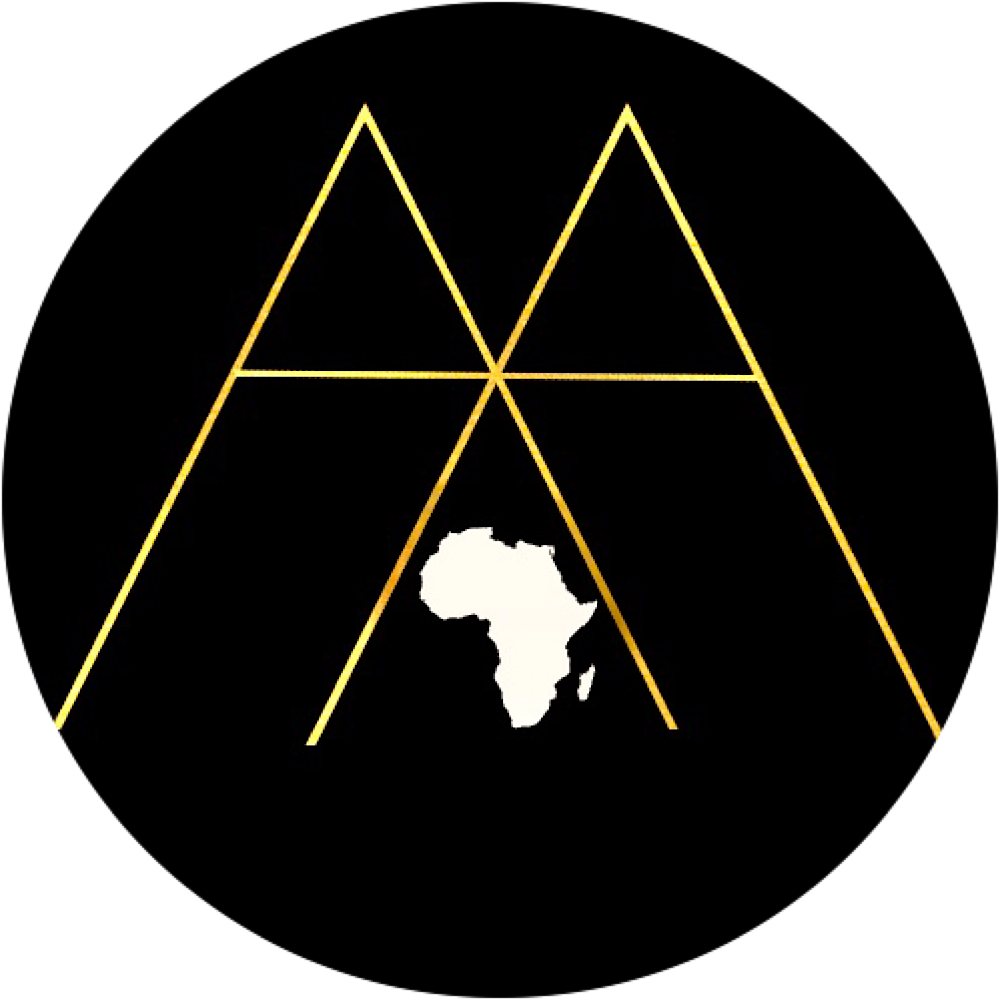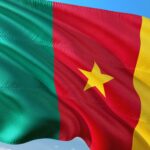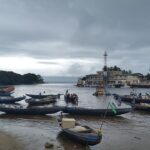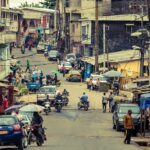Cameroon, the country that offers it all, from picturesque beaches to deserts to lush rainforests. This African gem is located in West Africa. Its neighbouring countries being Chad, Central African Republic, Republic of Congo, Gabon, Equatorial Guinea and Nigeria. The capital is Yaounde and the official currency is the Central African franc (XAF).
Fun Fact! Mount Cameroon is one of the highest peaks in sub-Saharan and central Africa. The goliath frog only found in Cameroon is the largest frog in the world.
If you’d like to know more interesting facts about this African country, click here.
So, let’s break this country up into PARTS.
People
Cameroonians are made up of different ethnic groups, Cameroon highlanders and Equatorial bantu groups being the largest. Some other ethnic groups include the Kirdi and Fulani. Over 230 other languages are spoken within this country, but French and English are the country’s official languages.
Attractions
Cameroon has an amazingly diverse landscape and is home to over 1,000 different species of butterflies. For those who love nature, The Korup National park is one of Africa’s oldest forest, over 60 million years old home to over 1,000 different species. Waza national park is another great way place to see giraffes, lions hippos, elephants and so many more animals who call the park their home.
Lobeke National park is home to different types of monkeys, chimpanzees and even gorillas.
Dja Faunal Reserve is one of the largest rainforests in Africa and a UNESCO world heritage site.
Lobe falls are a breath-taking glimpse at what the country has to offer.
Rituals and Culture
The majority of Cameroonians practice Catholicism and Protestant. About 20% of the population is Muslim. However traditional African religions are still commonly practised.
The country’s national sport is football.
Traditional Cameroonian meals are rice or fufu (pounded and doughed cassava) served with a meat or chicken stew.
Tips
– Get your docs in check. You must have a yellow fever certificate to enter the country
– Keep it on you. Police regularly check people’s IDs so make sure you keep this on you as well as your yellow fever certificate.
Stories
For more travel advice check out; FCO: Travel Advice
Outside of the UK: Please check your government’s travel advice carefully.




